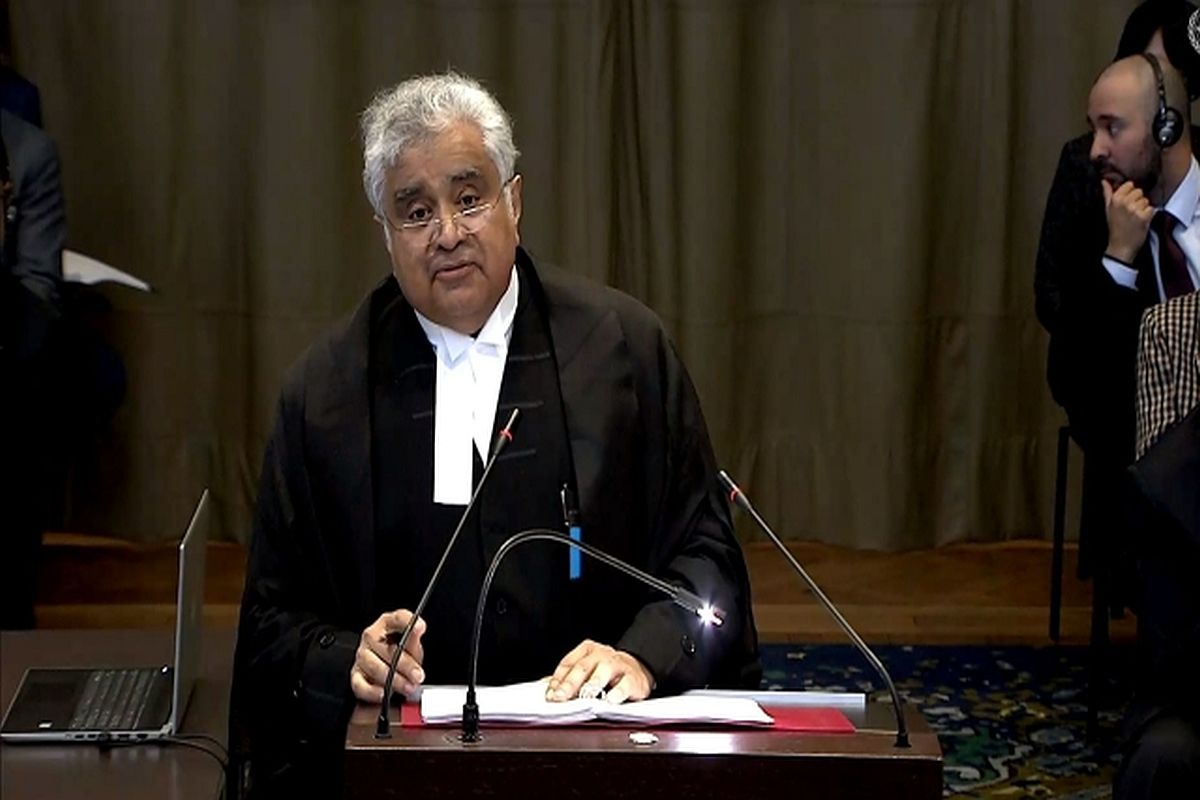Senior advocate Harish Salve has said that it’s unlikely that the Supreme Court will hold the Modi government’s treatment of Article 370 or the division and demotion of Jammu and Kashmir unconstitutional.
In an interview to a news channel as reported by news agency IANS, Salve covered all the arguments for believing that the scrapping of Article 370 is unconstitutional as well as the arguments for maintaining that Article 3 has been wrongly used by the Central government to demote J&K to Union Territory status and divide it.
Advertisement
Salve said that the mechanism for de-commissioning Article 370 was the same as that used in the 1960s when Sadr-e-Riyasat and Wazir-e-Azam of the state were changed to Governor and Chief Minister.
At that time the Supreme Court had upheld this and, therefore, the precedent has been established and is unlikely to be found fault with when it is used to abrogate Article 370.
Salve said that the powers of the Assembly to pass resolution are transferred to the Parliament under the President’s Rule and therefore, in the present situation, “there is nothing unconstitutional about the way J&K has been demoted and divided”.
Further, Salve took exception to the view that Parliament cannot express the views of the J&K state Assembly, which is a necessary step under Article 3 in changing the status and size of a state.
He said that Assembly passes resolution to express its views and under the President’s Rule the powers of an Assembly are transferred to the Parliament, that’s why “there is nothing unconstitutional about the way J&K has been demoted and divided.”
On top court’s response to petitions challenging the change in constitutional status and the alleged violation of human rights, Salve made a distinction between the two types.
According to him, the apex court taking a few months to handle the constitutional changes doesn’t mean the Supreme Court is ducking its responsibility or avoiding it by deferring difficult decisions. He said this was perfectly acceptable and not unexceptional.
However, Salve suggested that the human rights petitions and, in particular, the habeas corpus petitions should have been handled with “alacrity”. Though he said that “tradition has been set whereby courts do not handle these issues concerning the rights and even the lives of citizens with the speed that is required.”
Earlier, on October 3 as well, Salve expressing support to Prime Minister Narendra Modi government’s decision to revoke the special status to Jammu and Kashmir said that Article 370 was a “mistake” which the Centre had amended by withdrawing it.
“I think it was a mistake to allow it and a bigger mistake to allow it to fester. Sometimes you have to cut the Gordian Knot and the government has done it. The only way it could have been done is by one shot,” said Salve while describing himself as a “long-time votary” of getting rid of Article 370.
The Centre on August 5, revoked Article 370 of its Constitution that gave special status to Jammu and Kashmir and divided it into two Union Territories- Jammu and Kashmir and Ladakh.
